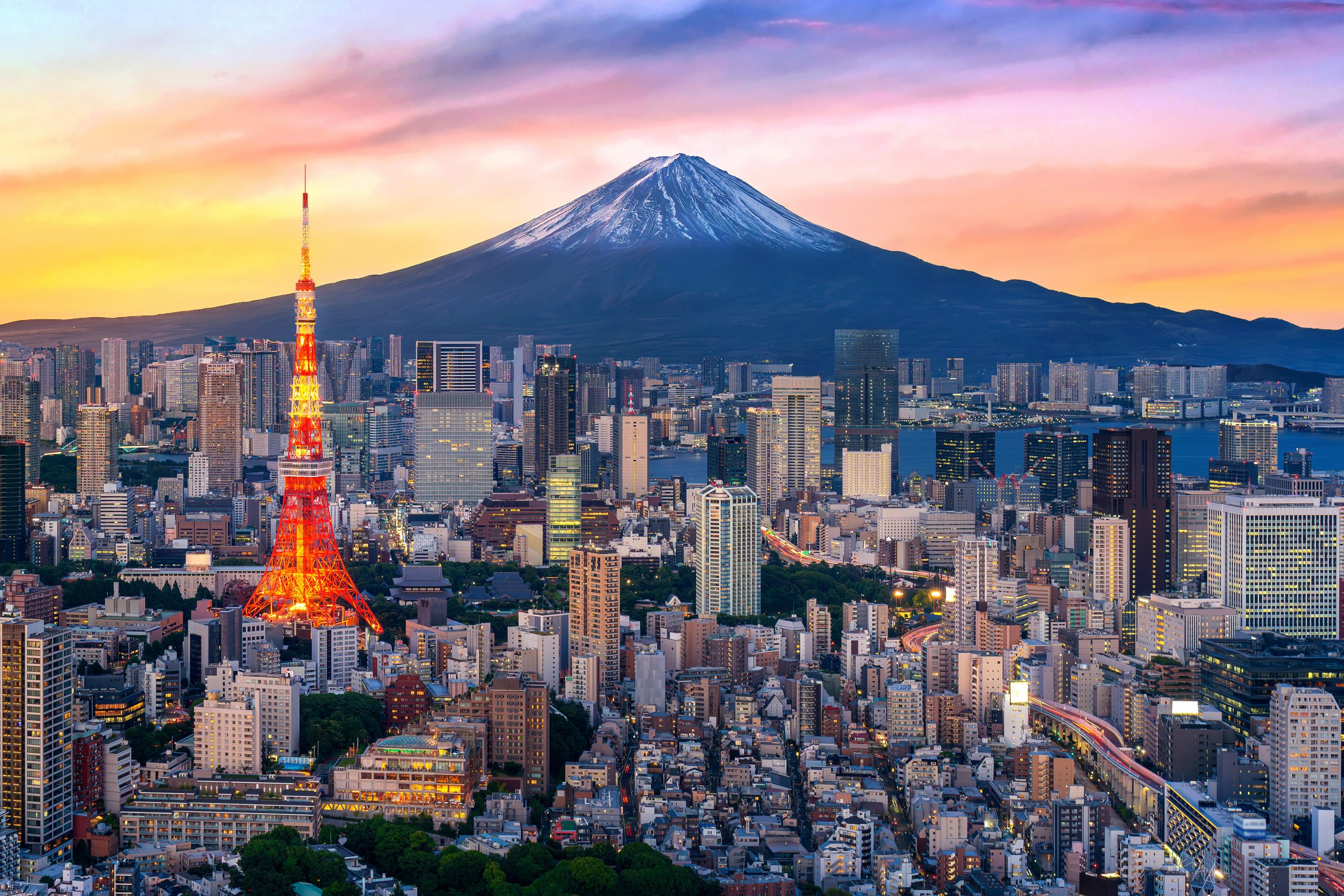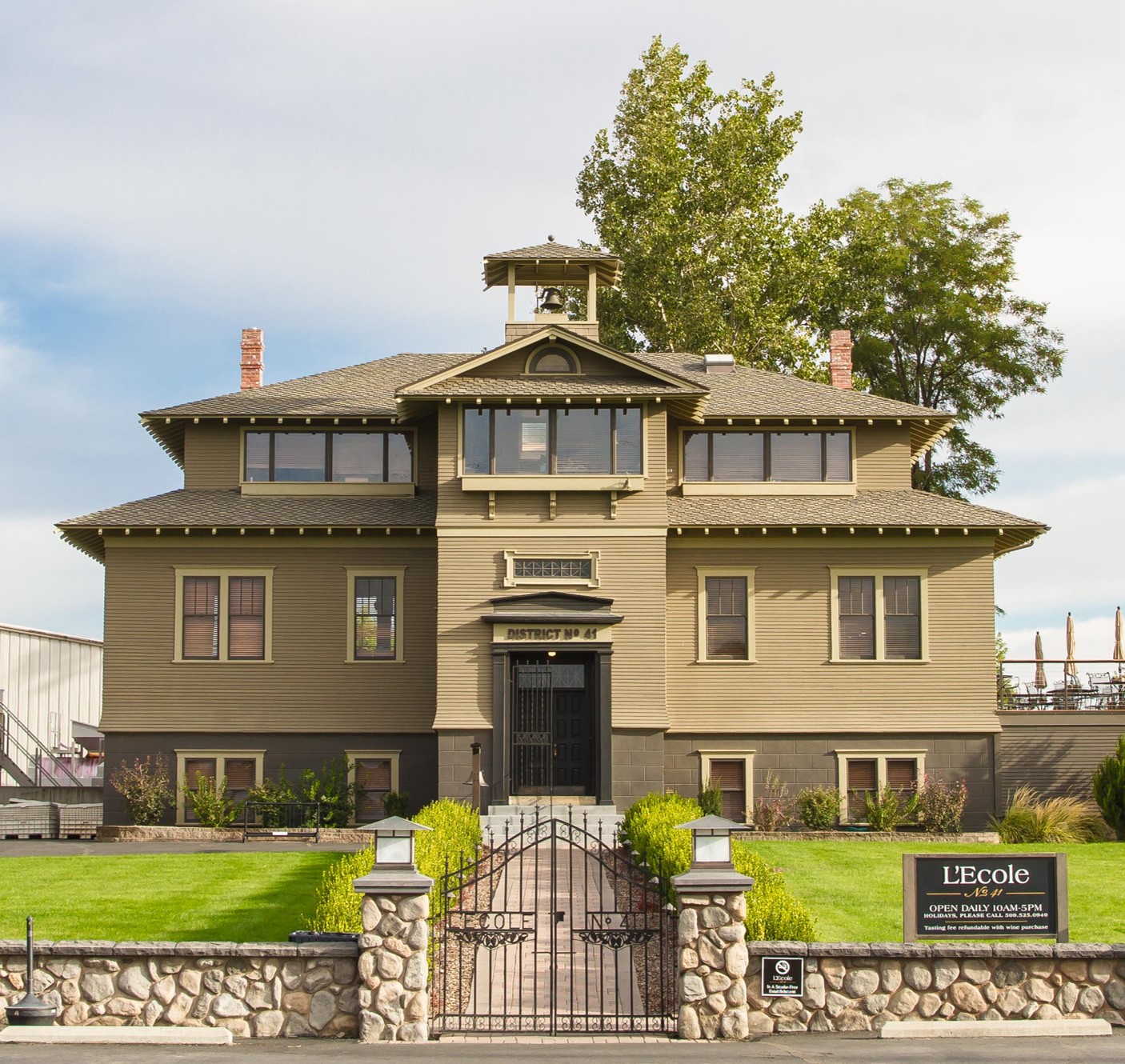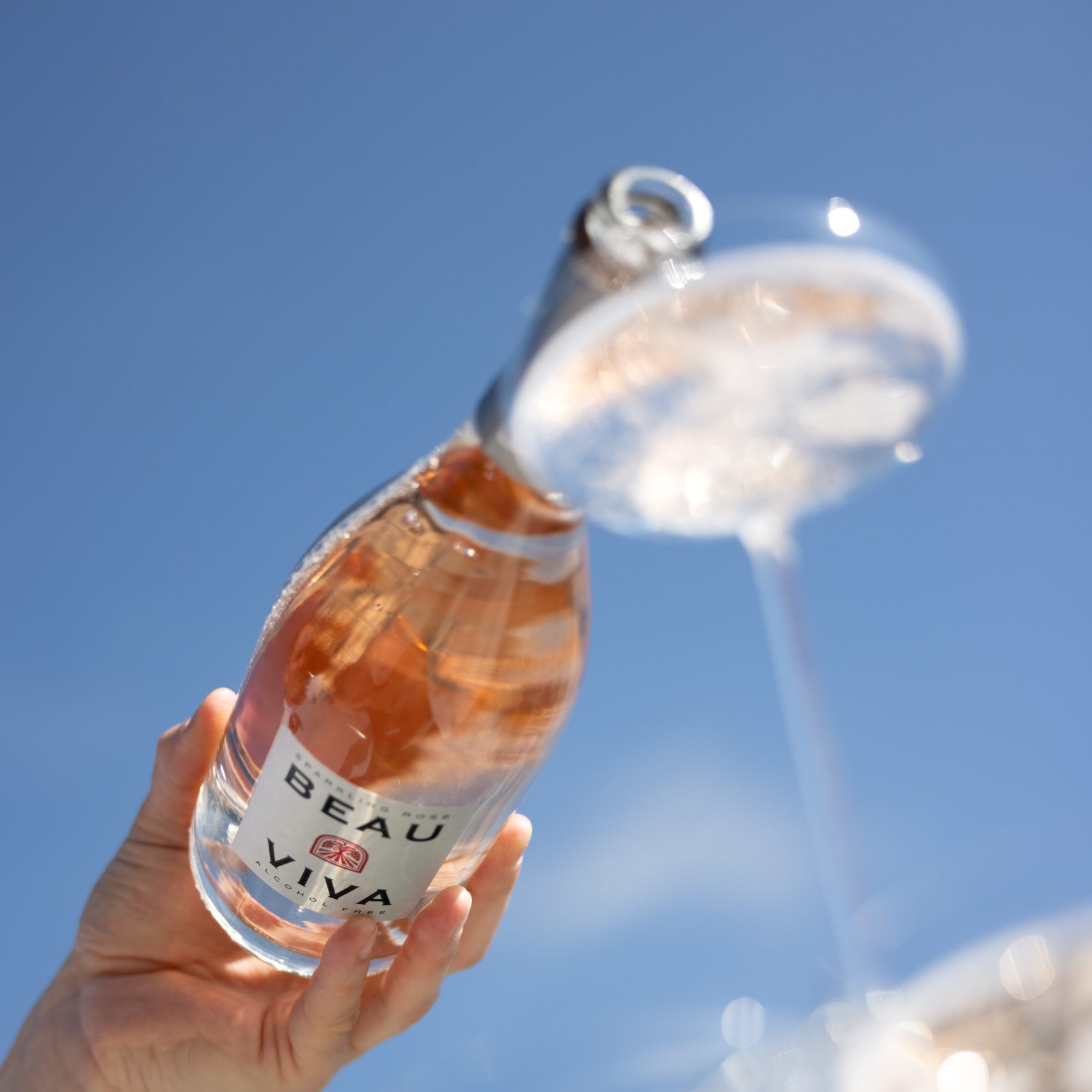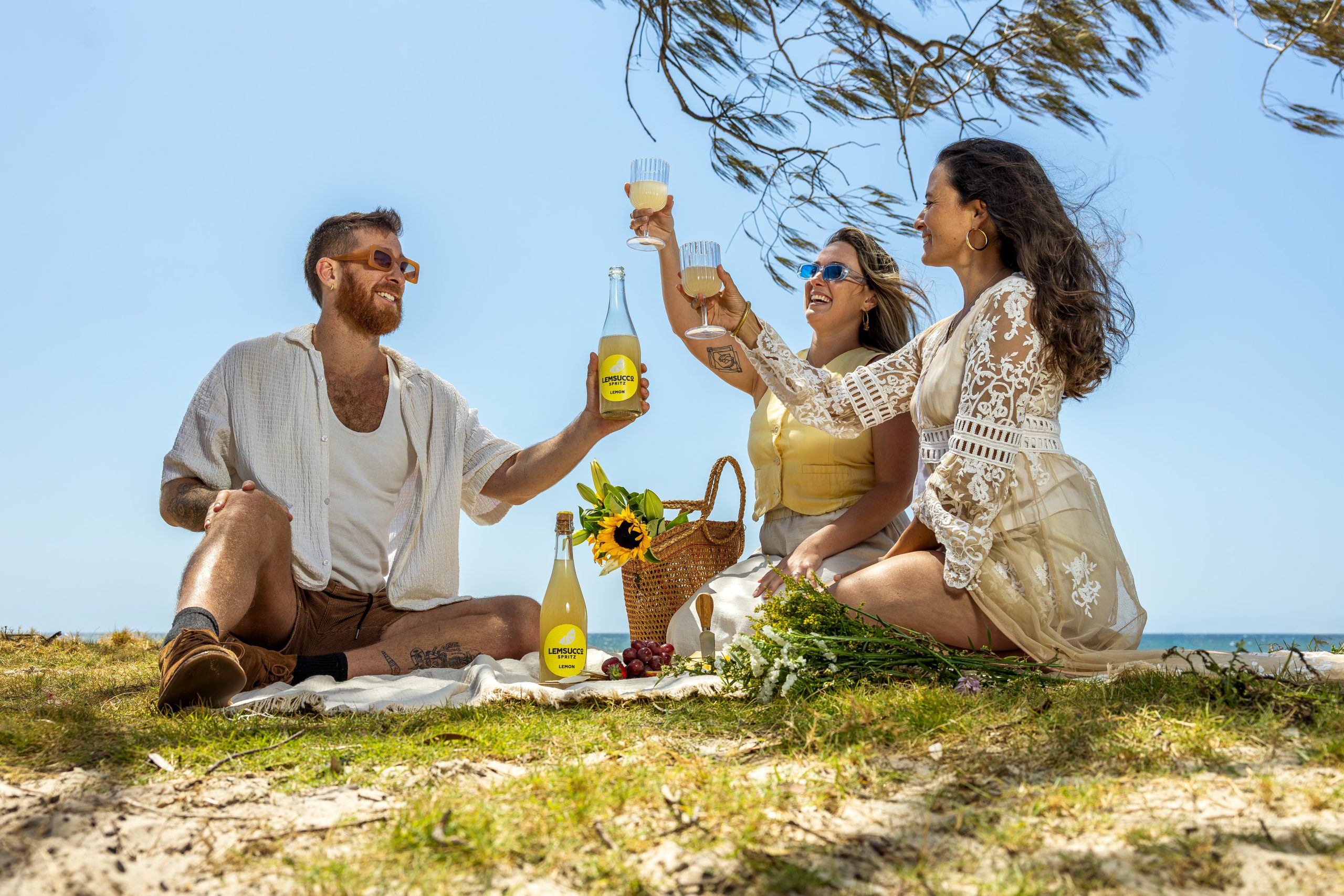Non-alcoholic beer and spirits on the rise in Denver
The trend for alcohol-free drinks in the US has led to a swathe of zero-alcohol beers becoming the norm across Denver’s craft brewery scene.
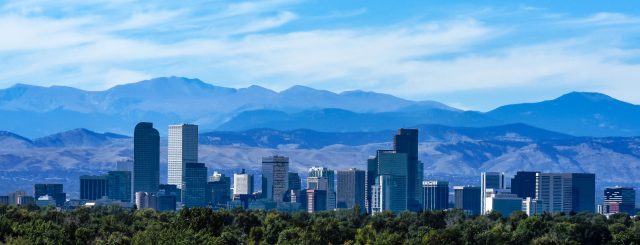
According to CNBC, the city, nestled in the Rocky Mountains, has been quick to embrace the alcohol-free trend and started to incorporate more inclusive drinks options.
Data from food service research and consulting firm Technomic showed that non-alcoholic options on menus have increased more than 55% from the fourth quarter of 2022 to the same period in 2023.
Technomic found that recent interest in the category has been driven primarily by younger and more health-conscious consumers that have caused an explosion in the sector.
Analysts forecast that interest will continue to grow and data from the IWSR predicted that between 2022 and 2026, non-alcoholic beer volumes have been expected to grow by approximately 25%.
Also supporting this, findings from NielsenIQ revealed that Colorado was the second-highest US state accounting for non-alcoholic beverage investment in 2023.
Keith Villa, co-founder and brewmaster of Ceria Brewing Company in Colorado said: “People are becoming more and more curious, and since Denver is a city with a lot of people that are outside exercising and staying fit, there are a lot of people who are interested in lowering their alcohol intake and staying healthy. In our case, we’re starting to see more and more people be educated about non-alcoholic and alcohol-free beer and start to reach for our products.”
Explaining more about the category, Ceria explained how non-alcoholic and alcohol-free drinks like beers and spirits can be made one of four ways, either by removing the alcohol with vacuum distillation, running the alcohol through a series of filters, by using speciality yeast or making a low-alcohol drink and diluting it with water. Despite laying the facts bare, he wanted it known that each of those processes can be both expensive and time-consuming for any business, often putting owners off experimenting and joining the category But as beer consumption continues to decline, Villa said that he has witnessed breweries in Denver eyeing the trend more boldly.
Partner Content
He explained: “The market is getting more difficult for craft brewers, so in order to bring some money into their business, they’re starting to sell non-alcoholic beers. There’s a demand out there, but the beers do have to be made the right way. As long as we oversee each other and help each other, we can make sure people have a good choice of products that are safe to consume.”
Denver-based brewery Grüvi recently capitalised on the trend, providing a range of non-alcoholic drinks since it was founded five years ago. Additionally,Grüvi co-founder Niki Sawni said the company chose Colorado as its base because of its residents’ preferences for a healthier lifestyle and the potential for growth in the alcohol-free market.
According to Sawni, alcohol-free beer became trendy, attracting more mainstream customers and this led to almost every bar or restaurant in the area soon adding zero-proof options in response.
Sawni said: “It was just this realisation that there was a gap in the market for when you didn’t want to drink — you were left choosing between sparkling water or pop or something that wasn’t a middle ground to enjoy that didn’t have alcohol but still allows you to have that sociability. That’s why we chose ‘Grüvi’ — it means fun and playful, and five years ago, non-alcoholic products were the opposite of that. So we were like, ‘Okay, how can we try to make something that was so uncool popular?’”
One of the larger breweries watching these trends closely is Denver Beer Co which has multiple taprooms across the area and has begun incorporating hop water, a non-alcoholic alternative, into its menus.
CEO Robert MacEachern said: “At the end of the day, we’re a beer company, but we also understand there’s this desire from consumers to have a product that’s non-alcoholic. With our ethos of being inclusive, we want as many people to enjoy our spaces, so this was a natural extension for us for people to enjoy our space.”
For Denver Beer Co., the nonalcoholic trend has allowed the brewery to remain true to its core identity while also adapting to its customers’ tastes and, although alcoholic beer will always remain the company’s foundational identity, according to MacEachern, hop water will become “part of who we are.”
He added: “Denver is the epicentre of craft beer. We’re rooted in that industry. People in Denver embrace change and innovation, and that’s allowed us to be successful while dealing with this non-alcoholic wave of behaviour. We’ll continue to build brand and brand equity — not just us, but all the craft beer companies. Non-alcoholic beer becomes an addition to who we are and not a subtraction.”
Related news

